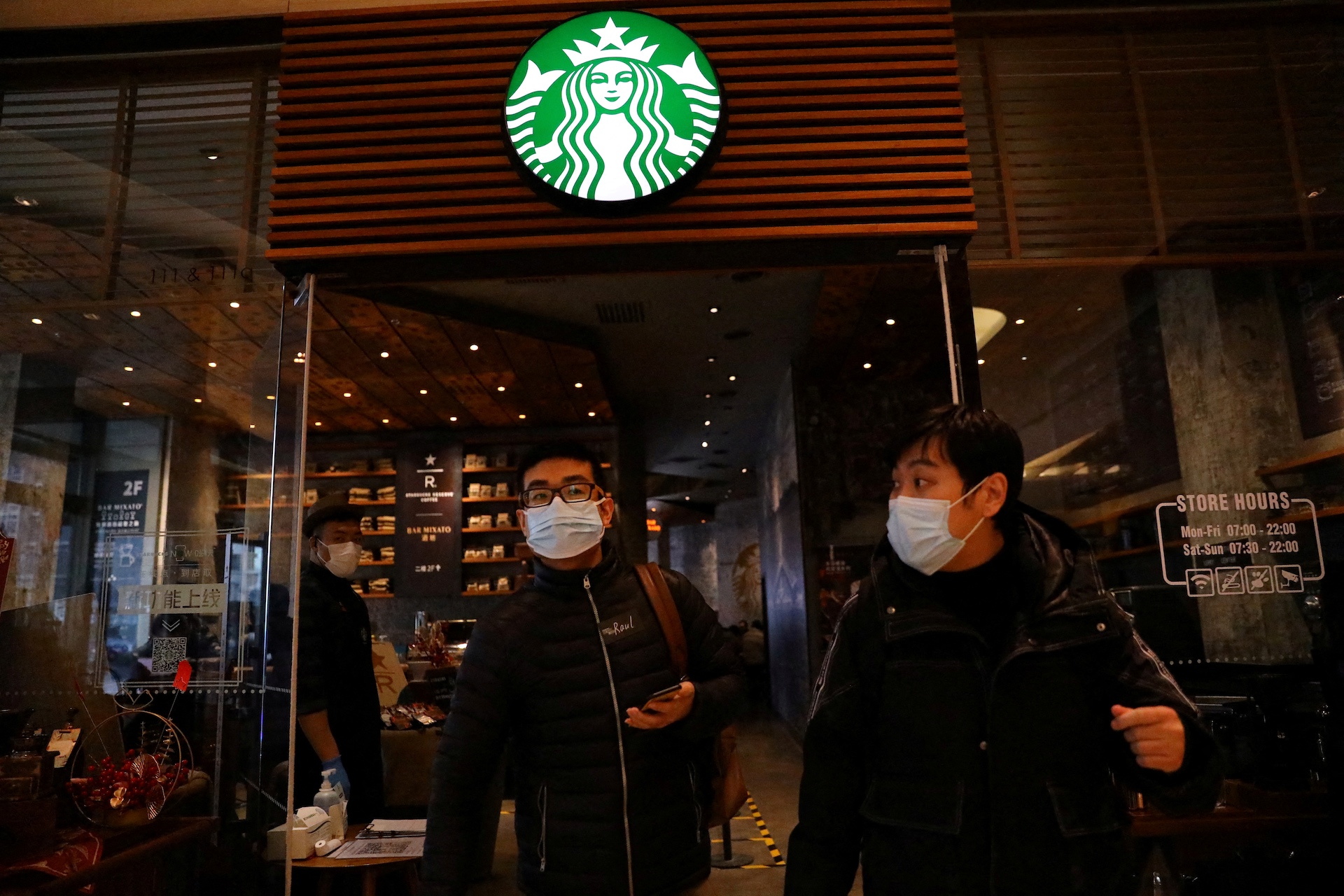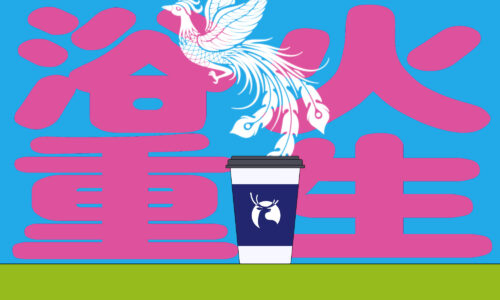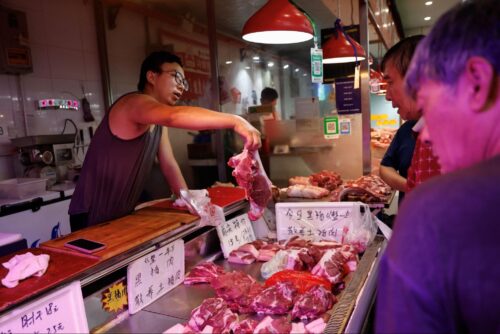Starbucks raises prices amid public backlash and growing competition
Starbucks has hiked its prices in China amid growing competition from homegrown brands. After two decades of success, some worry the American coffee chain is losing steam.

China is Starbucks’ 星巴克 second largest market, with 5,557 stores around the country. Recently, the American coffee chain raised prices on coffee drinks and snacks.
- The increase comes just several days after a scuffle between Starbucks staff and police outside a Starbucks in Chongqing. The incident quickly went viral on Weibo after staff told officers eating near the entrance to move away. Backlash against the company has been widespread, with the People’s Daily calling Starbucks “arrogant”.
- The price hikes in China parallel similar increases in the U.S. as Starbucks has had to raise costs to retain workers during the pandemic in both countries. The year-on-year increase of employee wage and benefit expenses topped 25% during the first quarter of 2022.
- Overall, Starbucks in China plans to raise drink and snack prices by 1-2 yuan ($0.16–0.32). Rivals including Luckin Coffee and Tim Horton’s are also raising their prices.
The context: Starbucks has experienced tremendous success in China. The first store opened in 1999 in Beijing. Two decades later, the company’s China revenue expanded to $905 million with 45% year-on-year growth in 2021. Starbucks seeks to have 6,000 stores in operation by the end of 2022. But how long can their good fortune in China continue?
- Starbucks’ higher costs have weighed on its profits. The company missed quarterly earnings last year and has since reduced its fiscal outlook for 2022.
- Among Starbucks concerns is growing competition from locally based coffee and tea companies such as the ByteDance-backed Shanghai upstart Manner Coffee, which is rumored to IPO this year.
- Starbucks is also facing competition from a revived Luckin Coffee. The company was delisted from U.S. stock markets following an accounting fraud scandal in 2019 but has since made a comeback. Last December, Luckin reported third quarter total revenue of $370 million, growing 107% year-on-year.
The takeaway: The American coffee giant’s distress offers a glimpse into China’s evolving business landscape. Legacy foreign brands in industries from food to fashion are being squeezed by a new crop of Chinese alternatives. As patriotic Chinese gravitate toward locally based coffee stores, Starbucks may not experience the same growth it sustained during its 20 year ascent.






